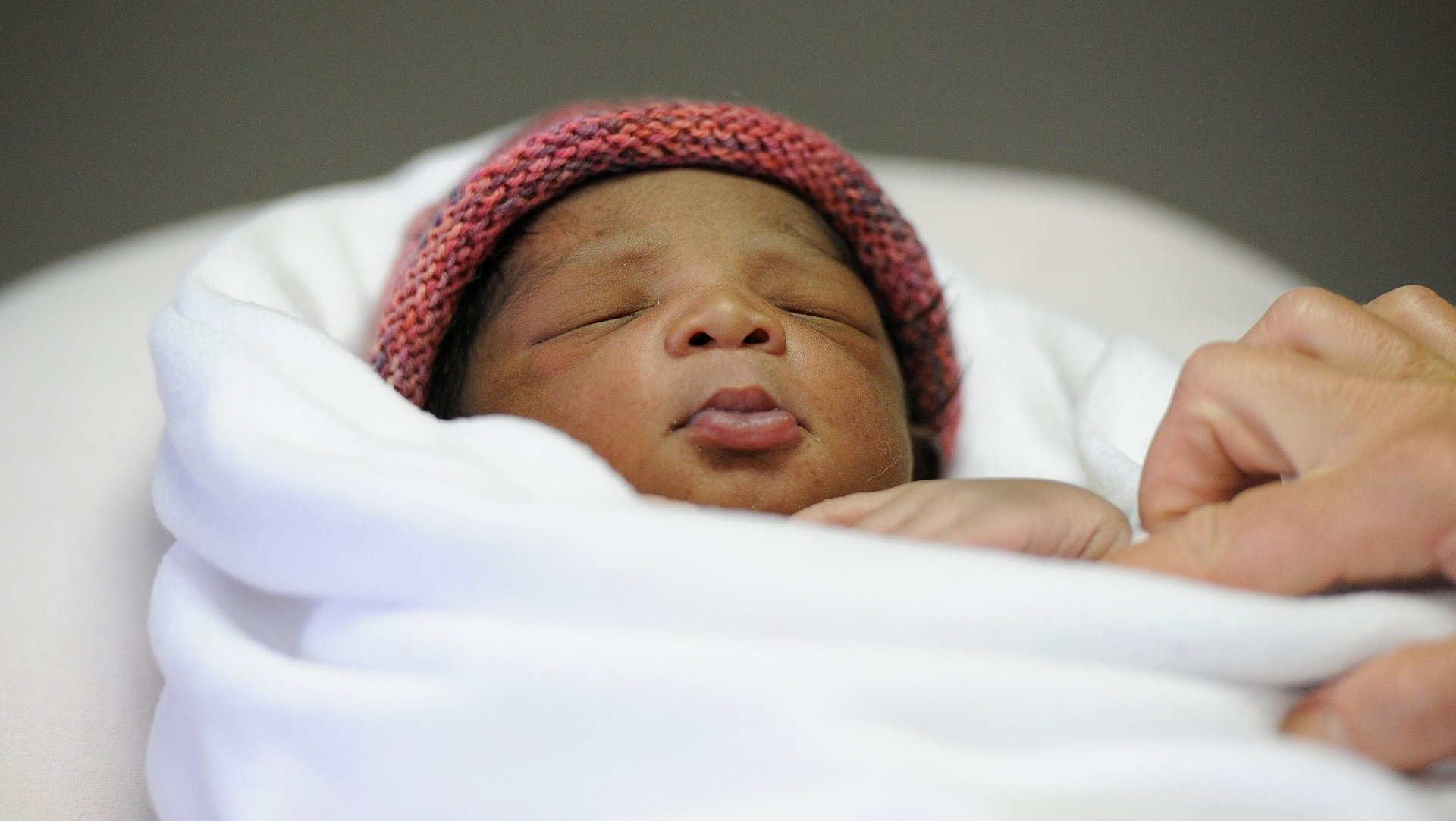Her baby died in his sleep. Her 29-year quest to find out why has led to a big breakthrough on SIDS
To new parents, many things are terrifying—yet few of them are as scary as Sudden Infant Death Syndrome, or SIDS.


To new parents, many things are terrifying—yet few of them are as scary as Sudden Infant Death Syndrome, or SIDS.
In the US alone, thousands of seemingly healthy infants die every year in their sleep for no clear cause, often before six months of age. Much of how and why SIDS occurs is still unknown, but a new piece of research, published last week in eBioMedicine, found clues suggesting that there might be a biological component to it.
Compared to other babies, both living and who died of other causes, infants who died of SIDS were consistently found to have lower levels of butyrylcholinesterase, an enzyme that helps provide arousal from sleep. This, the authors are careful to note, doesn’t mean that low levels of this enzyme cause SIDS, nor does it offer explanations for why they might be low to begin with. What it does, however, is move along the theory that the cause of SIDS might be a dysfunction in the area of the brain controlling sleep reflexes.
It also offers some solace for parents who have lost their children to the syndrome.
Taking SIDS from personal tragedy to science
Deaths from SIDS (as well as other infant death while sleeping, including by suffocation) have been dramatically reduced since the introduction of training on safe sleeping practices for new parents, but many babies still die despite these precautions. The guilt can be crushing for parents, who feel they have been negligent, says Carmel Harrington, a sleep researcher at the Children’s Hospital at Westmead, in Australia, and the lead author of the study.
She should know; 29 years ago, she lost her baby, Damien, in his sleep. The sense that she had neglected her child, and that she was responsible for what happened, was made even worse by well-meaning parents who would share their own fears of SIDS upon hearing her story. “[They] will tell you ‘oh I nearly had that but I always looked at my baby’ and other silly things like that,” says Harrington.
At the time, Harrington was a lawyer. She left the field and trained as a sleep researcher to understand why this happened to her baby. Decades later, her research looked into the hypothesis that, unlike other infants, babies who die from SIDS might lack—at least in the early months of their lives—the reflex to wake up if they stop breathing when they are sleeping tummy down.
No matter how careful parents are, she says, most babies do roll on their tummies at some point while sleeping. Yet, she says, only a small number die as a result. This pushed her to look for a biological explanation, but found there wasn’t much funding available to research it.
Yet last year, thanks to the encouragement of her daughter-in-law, she started a crowdfunding page in honor of Damien to support her research, raising 50,000 AUD (about $35,000) from about 350 people, many of whom had lost babies to SIDS, or knew someone who had.
Offering parents the hope of closure
Harrington’s study looked at a small sample of 772 babies. For every baby who died from SIDS, 10 more were used as a control—babies who survived infancy and others who died of other causes. All SIDS infants had significantly lower levels of butyrylcholinesterase, while only some of the other babies did. This indicates a potential connection between the enzyme level and SIDS, and it’s Harrington’s hypothesis that the fact some surviving babies had low levels as well shows that not all infants who might be predisposed to SIDS will die from it.
The researchers who worked on the study also believe the levels of butyrylcholinesterase eventually stabilize, which could explain why there is a peak of SIDS in the very early months of life. But these are hypotheses that need to be verified with further research.
“There is this perception that we have found the cause of SIDS—we haven’t,” says Harrington, addressing the confusion generated by the enthusiasm for her discovery. The next steps are larger studies to identify the general population prevalence of low butyrylcholinesterase and understand whether it would make sense to screen for it.
Harrington stresses that her research shouldn’t be seen as a challenge to the importance of safe sleep. But she feels confident that her ongoing research could help SIDS parents deal with their grief, and provide more context for the tragedies they experienced. “For those parents who have suffered a SIDS death, I want to reassure them that their babies had a deficit, they weren’t negligent,” she says.
Since the research was published, she says, she has received a lot of letters from parents who found her results somewhat comforting, alongside more support for her research. The number of donors has more than doubled to about 750, she says, and the funding has reached 70,000 AUD in total.
“I received a wonderful emotional response,” she says. “I usually keep my scientific brain separate from my emotional brain—but it’s been quite hard this time.”